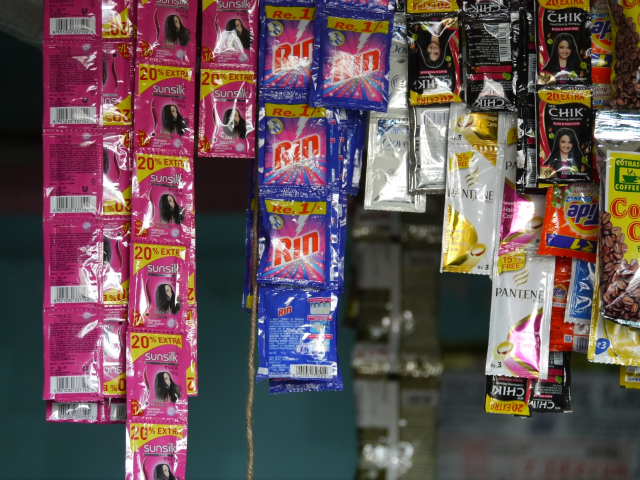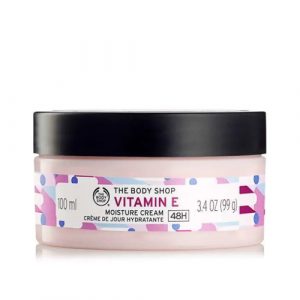Professional
Unilever develops technology to battle plastic sachet waste
Beauty and personal skincare giant Unilever has started a battle against sachet waste. The company sells billions of single-use sachets...
By: Beauty Insider Journalist / May 17, 2017

Beauty and personal skincare giant Unilever has started a battle against sachet waste. The company sells billions of single-use sachets every year, which end up in landfills and the ocean. it is developing a technology that will retrieve and recycle these sachets.
The sachets have made it possible for consumers to buy premium products at a more affordable price. However, the environmental impact is immense. Unilever has been working on a solution for years, as seen by this video from Unilever India from 2012:
The most recent development has shown a promising leap in the commercial and logistical viability of recycling sachets.
A step towards 100% sustainable packaging
Unilever announced plans to open a pilot plant in Indonesia, where it will test the technology and test the long-term commercial viability. It also said that it would open-source the technology so that both partners and competitors could use it.
CreaSolv® Process technology has been adapted from a method used to separate brominated flame retardants from waste electrical and electronic equipment polymers. During the process, the plastic is recovered from the sachet, and the plastic then used to create new sachets for Unilever products – creating a full circular economy approach.
Dr. Andreas Mäurer, Department Head of Plastic Recycling said, “With this innovative pilot plant we can, for the first time ever, recycle high-value polymers from dirty, post-consumer, multi-layer sachets. Our aim is to prove the economic profitability and environmental benefits of the CreaSolv® Process. Our calculations indicate that we are able to recover six kilos of pure polymers with the same energy effort as the production of one kilo of virgin polymer.”
Unilever also plans to set up waste collection schemes to channel the sachets to be recycled. Currently Unilever is testing this by working with local waste banks, governments and retailers and will look to empower waste pickers.
The Pledge to “Go Green”
The latest announcement is part of Unilever’s pledge to ensure all of its plastic packaging is fully reusable, recyclable or compostable by 2025.
“There is a clear economic case for delivering this. We know that globally US$80 to US$120 billion is lost to the economy through failing to properly recycle plastics each year. Finding a solution represents a huge opportunity. We believe that our commitment to making 100 percent of our packaging recyclable, reusable or compostable will support the long-term growth of our business,” said David Blanchard, Unilever Chief R&D Officer.
















